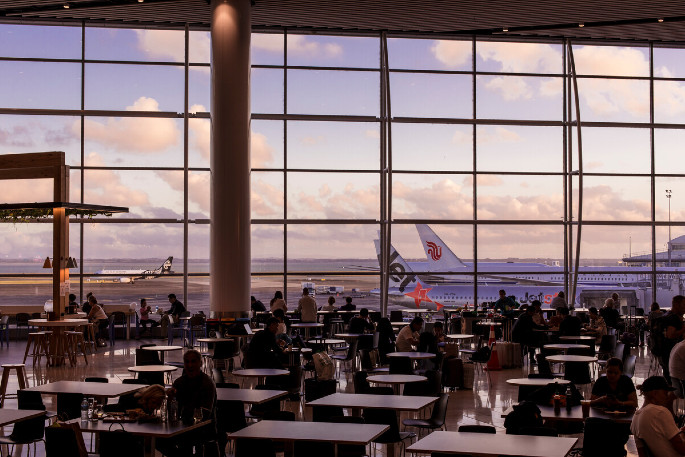Unique, first-hand experiences shared with followers online are fuelling a shift in Chinese travel preferences as China reopens for international outbound travel.
Auckland Airport chief customer officer Scott Tasker says China has always been a country where consumer trends move extremely fast, and travel has not been immune in the three years since borders closed at the start of the pandemic.
“Although Chinese have only really begun international travel in any great numbers in the past few months, there has been a definite acceleration in the move beyond group travel into taking a more independent approach travel. That’s a very typical pattern we’re used to seeing as inbound tourism markets mature and was a trend we were seeing pre-pandemic but what’s different is the speed at which this is happening.”
While New Zealand has been among the first 20 countries to have been accredited for group travel from China, even prior to the pandemic there had been a steady decline in group travel, from 66 per cent of Chinese tourists in 2012 to 37 per cent in 2019.
“Group travel is still important for newer, less experienced travellers and can help fill in the demand gaps during our quieter seasons but we’re expecting this shift to independent travel to continue, fuelled by the internet reviews and social media content,” says Scott.
“These increasingly confident travellers tend to stay longer and spend more.”
Speaking at the New Zealand Tourism Forum at TRENZ in Ōtautahi Christchurch last week, Scott said the return of regular, direct air connections into China’s largest metropolitan areas unlocks a major market of high value travellers for New Zealand.
“We’ve now got Air New Zealand and China Eastern operating daily into Shanghai and China Southern flying daily into Guangzhou, with Air China just last week restarting its link with Beijing four times a week. Once we add in Hainan Airlines with its twice a week service from next month, we’ll have 27 direct flights between Auckland and four major Chinese cities. The ease and simplicity of those direct flights helps get New Zealand on the radar of Chinese tourists,” says Scott.
Seat capacity between China and New Zealand is currently at 78 per cent of 2019 levels and forecast to reach 93 per cent of pre-pandemic levels by September.
“While we haven’t seen Chinese travellers in any numbers since pre-pandemic – and that’s still really the case given the need for passport renewals and visa processing – what we do know is they are researching online, watching social media recommendations from fellow Chinese travellers, and taking a really considered approach to travel choices.”
Offline channels such as travel agents are rapidly making way for China’s unique ecosystem of social media platforms such as Wechat, Xiaohongshu and Douyin, coupled with online travel services platforms Fliggy, Ctrip and Qunar, as well as airline direct channels.
“Travel agents are still in the mix, but that share is shrinking as Chinese travellers are increasingly going online to work out where they want to take their next overseas trip.
“Video content is huge, particularly influencers showing destinations and experiences in real time via live shows. This is creating a real demand for travel experiences and special interest travel rather than choices being solely about the destination,” said Scott.
“Tourism operators can tap into this, not only by ensuring they have an online presence that inspires Chinese consumers as they scroll travel sites, but by providing experiences for customers with a bit of ‘wow’ factor that they then share directly with their followers. Great customer experience shared by an influential traveller with a strong online following has the potential to create some unique buzz with that could reach millions.”
While New Zealand sits outside the top international destination preferences for Chinese travellers – Southeast Asia dominates – it ticks a lot of boxes for a smaller, niche travel market.
“After several years of restrictions, Chinese travellers are now wanting to go somewhere they can escape and relax. Plus, there is a growing trend away from major tourist attractions towards destinations offering nature-based tourism and activities such as hiking, camping and water sports like surfing. That’s a perfect match for New Zealand’s tourism offering – and creates those wonderful, experiential moments ready to share to social media followers.”



